The prevalence of diabetes in the United States continues to be a growing concern, with over 9% of the population affected in 2015. Diabetes, being a chronic condition, requires individuals to make massive changes to their lifestyle, and most importantly, to their diet. It is important for diabetics to be aware of the foods that can impact their health, even those that may seem healthy at first glance.
Wondering why those “nutritious foods” might be harmful? Well, for starters, they may contain food preservatives, salts, and sugars. And these are difficult to identify on the nutritional label most of the time. But that won’t happen to you if you followed this guide! This article outlines the most detrimental (and kind of “sneaky”) food for people with diabetes.
1. Diet Soda: It’s Almost as Harmful as Regular Soda
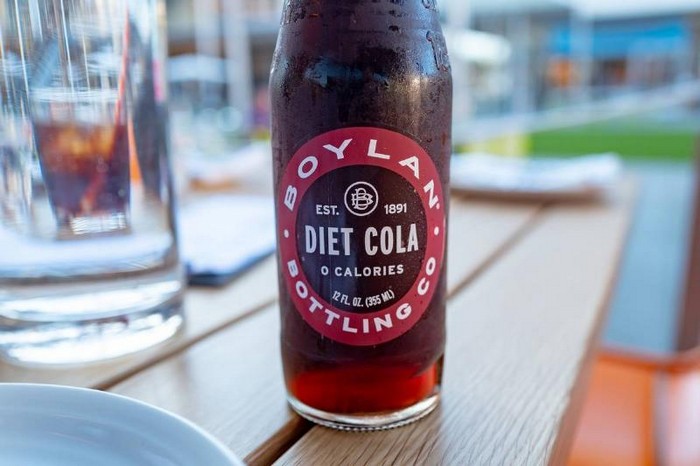
Now, you’re aware that soda does not align with a diabetic diet. It might come as a surprise to many, but even “diet soda” poses potential hazards to diabetics as well. Based on research by American Diabetes Association, there is a correlation between diet drinks and diabetes. The research volunteers consumed diet soda on a daily basis and developed a 67% greater risk of type 2 diabetes. And it wasn’t limited to diabetes. They even experienced high sugar levels, belly fat, and metabolic syndrome.
Clinical and Experimental Ophthalmology, in its study, established a connection between diet soda consumption and an increased likelihood of developing diabetic retinopathy. The study concluded that excessive diet soda consumption could harm the eye blood vessels. This could cause increased risks of blindness for individuals with diabetes. So, stay away from those diet sodas if you truly value your physical well-being.
2. Artificial Sweeteners Aren’t That “Diabetic-Friendly”
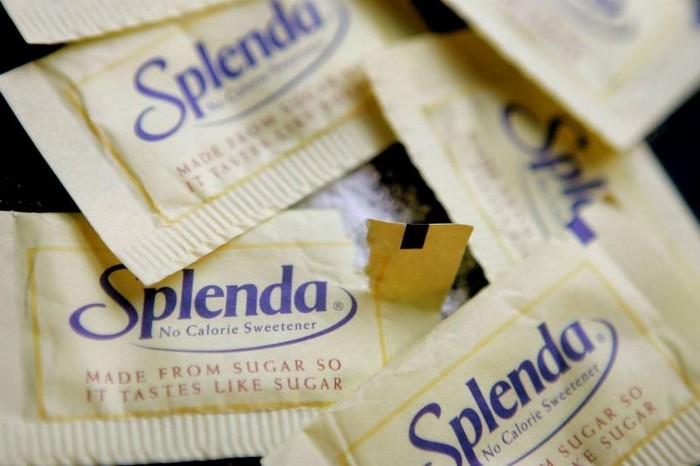
Despite labeling themselves as “diabetic-friendly,” artificial sweeteners are proving to have adverse effects. A research study in 2018 revealed that artificial sweeteners pose a greater risk of diabetes and obesity than you could ever imagine. These sweeteners can impact blood glucose & blood vessels, compromising the entire insulin function.
Another research has indicated that sweeteners like stevia and tagatose do not have any impact on blood glucose levels. This implies that you can still find “some sweeteners” that are actually diabetic-friendly. However, it’s always prudent to consult a doctor or a nutritionist to address your concerns about the best artificial sweetener available on the market.
3. Use High-Fat Milk Instead of Low-Fat, And Here’s Why
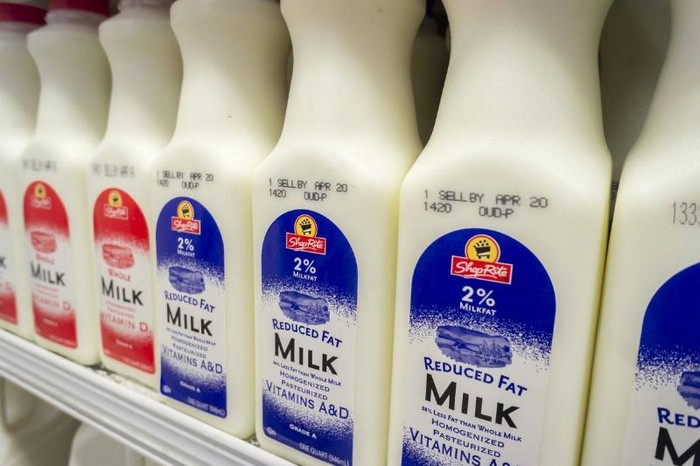
The most appropriate type of milk for diabetics has always been a subject of debate among nutritionists. Even the experts used to recommend low-fat milk back then in a bid to avoid the high consumption of fat. Nicole Anziani, a registered dietitian, claims that low-fat milk actually contributes to raising your blood sugar. Wondering why? Well, simply because low-fat milk largely replaces fat with sugar, posing higher risks of diabetes.
Contrary to what people believed, a 2014 Swedish research suggested that consuming high-fat dairy products might lower the risk of diabetes. Several other studies suggest that high-fat milk doesn’t contribute to worsening diabetes or doesn’t even play a role in diabetes development. So, low-fat milk isn’t healthy or beneficial either way for overall health. Evidently, high-fat milk should always be the more desirable option for diabetics.
4. Plain Yogurt Is Always a Better Option Against Flavored One
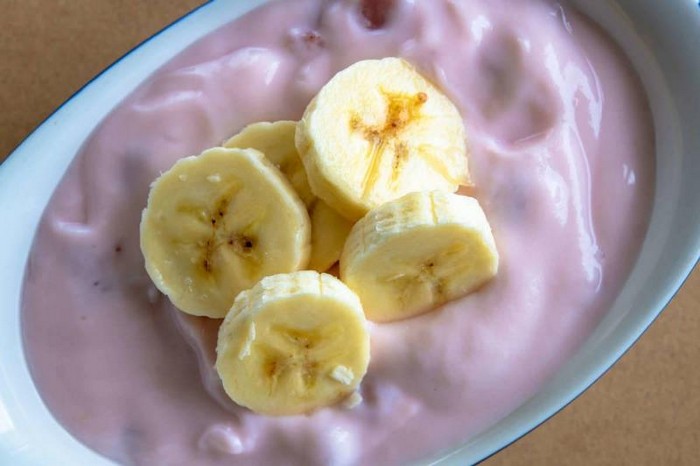
Back in 2015, PLoS ONE published a meta-analysis, stating that “yogurt is actually healthy for diabetics”. Interestingly, this analysis only considered unsweetened, plain yogurt. It’s obvious that flavored yogurts (fruit-filled) contain high amounts of added sugars. And this particular claim is backed by registered dietitian Despina Hyde Gandhi.
Some dairy products are loved for their low GI (glycemic index). But the “embellishment” with the toppings like syrups and fruit can elevate the index. The best way is to use plain, non-flavored yogurt. You may add fresh fruits and nuts for the natural flavor. As per suggestions from the registered dietitian Heather Cunningham, Always read the yogurt label and buy the one with less than 20 grams of carbs & doesn’t contain any added sugars whatsoever.
5. Avoid Caffeinated Drinks: No More Lattes & Cappuccinos

Even though there’s no proven study that links caffeinated drinks to diabetes. Diabetics should still be cautious about consuming caffeine as it can destabilize blood sugar levels. Research from 2008 revealed that the consumption of 250 mg of caffeine leads to an 8% increase in blood sugar. This is particularly alarming for individuals with insulin sensitivity. So, stay away from those delicious lattes & cappuccinos if your health is your concern!
You may consume decaffeinated coffee though. Diabetes UK says that coffees that contain any concentration of cream, any flavored syrup, or some quantity of milk are potentially harmful to diabetic individuals. Black and decaffeinated coffees, however, are an exception.
6. Fat-Free Salad Dressing: Is It Really Healthy for Diabetics?
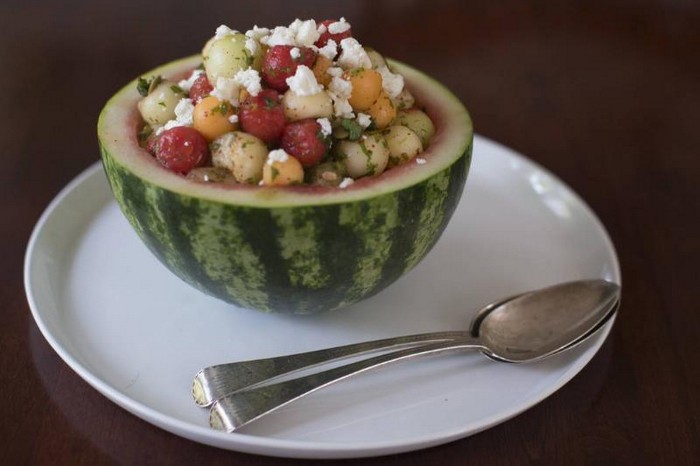
The simplest answer is; No, it’s not! Now, diabetic individuals might prefer low-fat or even fat-free salad dressings. But did you know? Full-fat salad dressings contain nutrients that are actually helpful for people with diabetes. The primary ones of these ingredients include Vinegar and Olive oil, according to Irina Todorov, a certified medical physician.
As for your concern about the “fat”, well, it’s all-natural and healthy fat full of nutrients that’ll help you as a diabetic or pre-diabetic. Salad dressing is even found to stabilize the blood glucose level, according to research by the European Journal of Clinical Nutrition.
7. Orange Juice Is Never a Good Alternative to the Fruit Itself

You may have an impression that consuming orange juice is a healthy alternative to fruit. Well, nutritionists and health experts have debated over this particular point, but one thing is certain! Whole orange juice with pulp has way more concentration of sugar content than the fruit itself.
If you follow Lynn Grieger, a highly accomplished nutritionist, you should avoid fruit juices in case of type-2 diabetes. As for natural orange juice extracts, consume them in minimal quantity or prefer the one with a very low concentration of sugar.
8. Potato Chips Are Not the Way to Deal with Afternoon Craving
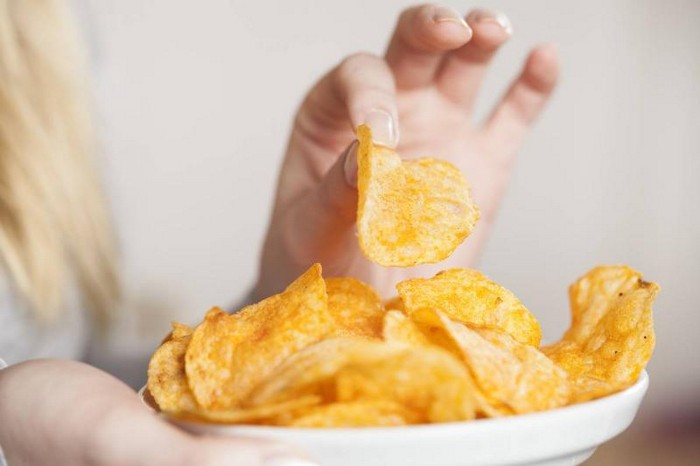
Wondering what these delicious snacks got to do with diabetes? Well, for starters, it’s fried. Secondly, potato chips are salted. These two factors largely contribute to raising your blood pressure if you eat too much of them. And yes, you never even realize that you’re eating too many of these snacks in one serving.
That’s because high-sodium food is sort of addictive, according to a “Journal of Nutrition” research. And when served as snacks for a leisure activity, there’s no stopping point for the craving, or is there? So, it’s prudent to replace potato chips with something natural, such as almonds, avocados, or plain yogurt with berries.
9. Avoid Regular Electrolyte Sports Drinks
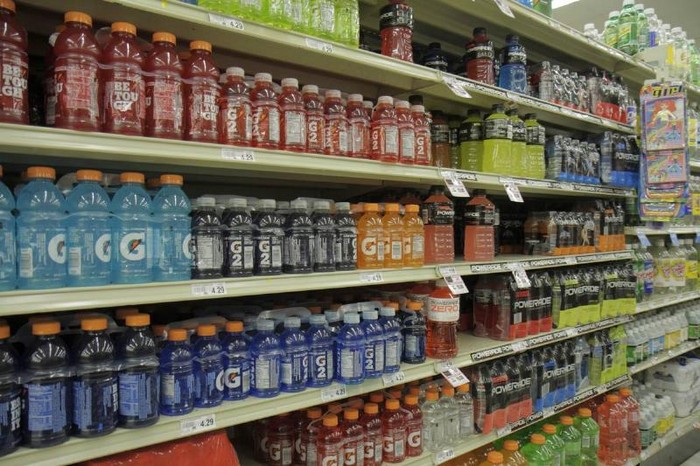
Electrolyte sports drinks certainly rehydrate you within moments. But the regular ones are detrimental to individuals with diabetes. That’s primarily because sports drinks are rich in sodium and minerals such as carbs and caffeine, which you must avoid with diabetes. However, many diabetic-friendly alternatives are available in electrolyte sports drinks.
It’s advisable to consult a specialist and find out a drink that is suitable based on your current diabetic condition. But rest assured, the sports drinks from the most prominent brands aren’t, in any way, suited for you! Before buying an electrolyte drink, check the label for “zero sugar” and “low caffeine concentration”.
10. Stay Away from Flavored Oatmeal
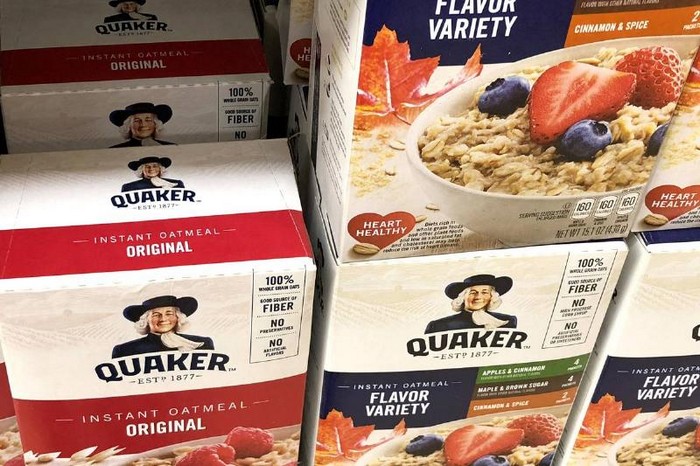
Oatmeal, in its original form, is recommended for diabetics. But nutritionists advise against consuming flavored or sweetened oatmeal for its “sugar contamination”. Any sort of flavor is bound to have sweeteners for taste and preservatives for maintaining its quality. These two aspects result in a high concentration of added sugar which ruins the raw oatmeal benefits.
So, avoid instant “flavored or sweetened” oatmeal. However, you can garnish it with fruit extracts (although in a moderate quantity) to add a unique flavor. Also, mix it up with peanut butter, berries, or sliced apples and have fun eating diabetic-friendly yet flavored oatmeal.
11. Canned Fruits & Vegetables Contain Added Sugars
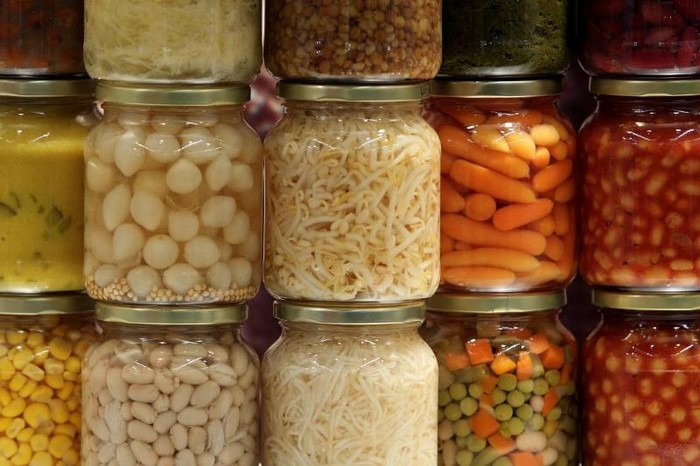
Not just the added sugars, but the quantity of salts is also somewhat higher in canned fruits and vegetables, and rightly so! After all, they have to be preserved for a longer time. To be precise, we’ll find out that canned vegetables have added salts while fruits have added sugars. The additional amounts of sugars and salts would make canned food relatively unhealthy for diabetics as compared to fresh food.
So, canned food might have similar nutritional value, but it’s not worth the risk for diabetics owing to the added sugars and salts. Better drop this convenience and opt for natural, fresh food products.
12. French Fries: How Healthy Are These Snacks?
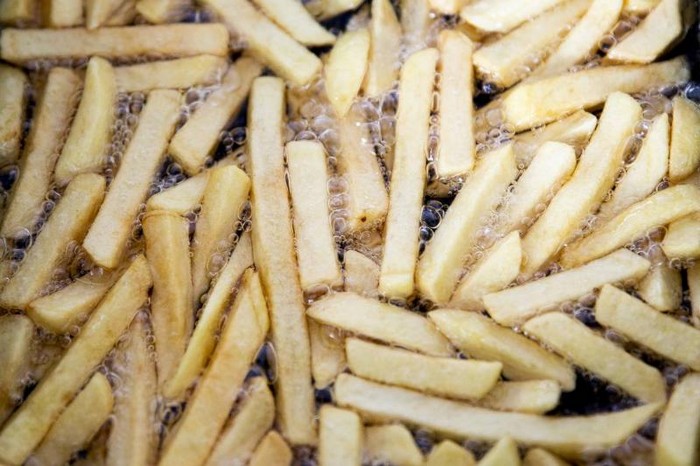
Well, we bet you love french fries, even if you aren’t that much of a junk foodie. But this widely loved snack is notorious for being unhealthy for so many reasons. Rich in carbs, fried in vegetable oil, and deep fried to a level that oil fills up inside the fries are some of the reasons why they’re largely deemed unhealthy.
As for diabetic individuals, french fries become even more detrimental to their health. That’s due to the high amounts of salts added in the mixture combined with the trans fat. So, replace your snacks with something fresh, healthy, non-fried, and low in sugars & salts.
13. Energy Drinks Are Never a Source of Energy for Diabetics
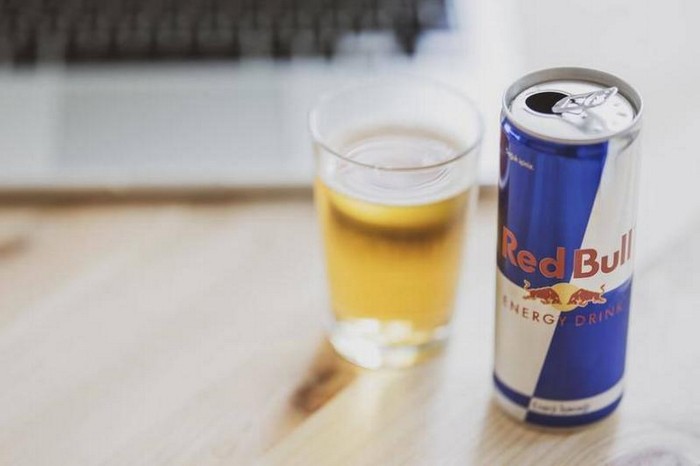
Yes! They’re simply a disaster to your diabetes-affected body. Wondering why? Where should we begin? Rich in caffeine. Higher concentration of sugars. Carbonation. All these factors result in dehydration, risks of developing cardiovascular disease (in case of excessive drinking), anxiety, and weight gain in a fully healthy person, let alone a diabetic individual.
As a diabetic, you should stay away from energy drinks and all other soft drink types if you don’t want to worsen your condition. The added sugars in these drinks will impair all the efforts to control your blood sugar levels. Regular or excessive drinking will increase your weight which is even more detrimental to the treatment process.
14. Enjoy Meat, But Stay Away from Processed Meat

Meat is among those food options that are deemed healthy for diabetic individuals. But even this “healthy” food option is available with the “contamination” of salts and other preservatives, resulting in a product known as “processed meat”. Stay away from it if you’re committed to fighting diabetics, particularly type-2 diabetes.
Several studies have concluded that processed meats are among the primary causes of increased insulin resistance in the body. However, it somewhat depends on how much-processed meat you consume. If it’s only once in a while, it might not be that harmful to your body. Yet, it’s wise to be on the safe side and replace processed meat wholly with fresh, “unflavored” red meat.
15. Avoid Consuming Too Much Fruit Smoothies

Fruit smoothies are indeed a very healthy breakfast drink as they’re a natural source of energy. But being diabetic, it’s prudent to be on the safe side and consume in a limited quantity. Consuming too much fruit smoothie can raise your blood sugar level or disrupt your blood sugar control process.
Since a fruit smoothie is a blend of different fruits and milk (or other liquid), the amount of sugar significantly increases. Now, we aren’t suggesting avoiding it entirely, rather cut back on your regular consumption of fruit smoothies.
16. Consume Honey in Moderation

People widely believe that honey is an “alternative” to table sugar, but sadly, that’s not the case. It’s sweet, and natural, but does have enough capability to raise your blood sugar level just 30 minutes after consuming it. Honey can be considered as a natural sweetener with plenty of nutrients that table sugar lacks. But rendering it an alternative to sugar would imply that you’re consuming it in regular quantities without any precautions.
Use honey instead of sugar but in moderation! Remember, consuming the least amounts of sweeteners, be that honey or any other substitute to sugar, can be detrimental if you’re not keeping a check on its quantity in your diet.
17. Popcorn Is Good, But What About Flavored Popcorn?
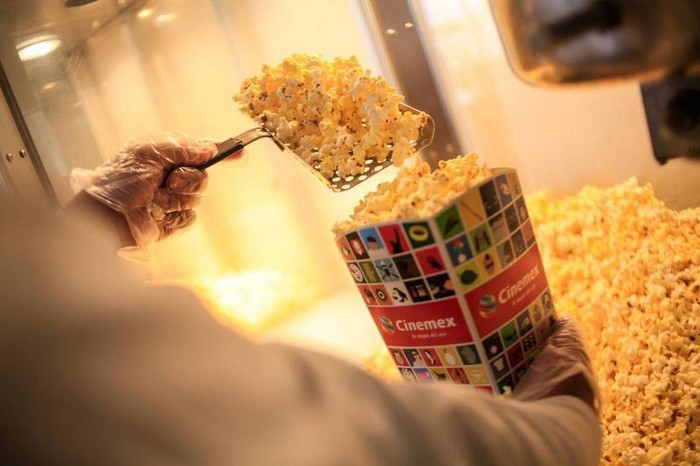
Popcorn is an adorable little snack to appease your afternoon cravings. Luckily, it’s a diabetic-friendly snack owing to its low glycemic index, so it’s safe to eat it. However, it’s another one of those harmless snacks that are “contaminated” by artificial flavors and pre-packaging.
Foodies would love flavored popcorn such as sweetened, salted, caramelized, or chocolate popcorn. But leave them to their preferences; you, as a diabetic, should totally avoid pre-packaged and flavored popcorn. Use simple, unflavored popcorn and mix it up with nuts or any other diabetic-friendly snack to add a bit of spice.
18. Not All Vegetable Oils Are Equal for Diabetics
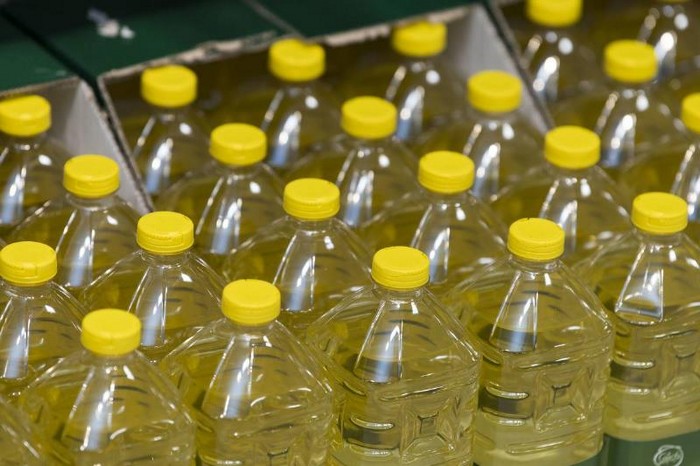
Cooking oils are among the essentials for preparing a nice meal, and you can’t fully avoid them even if you want to, nor do we advise against using oils for cooking. All we emphasize on is the type of vegetable oil you’re using. For diabetics, Soybean stands out as the worst of all vegetable oils, according to a University of California research. The research concluded that soybean oil contributes to increasing body weight 25% more than all other sorts of veg oils.
So, it’s essential to conduct proper research before opting for the appropriate vegetable oil, based on your diabetes condition. Consulting your doctor and nutritionist would be a great way to figure out the details. But if you need to know a generic diabetic-friendly oil, we’d suggest you check the label for partially hydrogenated oil.
Managing diabetes can be challenging, especially when it comes to diet. Many foods that appear healthy are actually detrimental to the health of diabetics. From hidden sugars, preservatives, and salts to artificial sweeteners, diabetics need to be careful with their food choices. Fortunately, there are healthier alternatives available. These include high-fat dairy, plain unsweetened yogurt, artificial sweeteners like stevia, and many more listed up there on the table. It’s important to consult a nutritionist for advice on choosing the right food. This can help diabetics stay healthy and manage their condition effectively.
